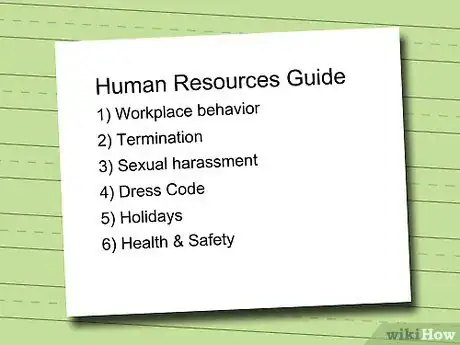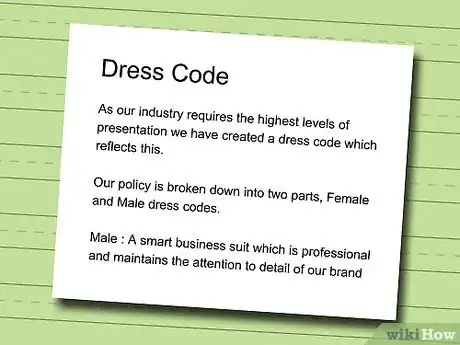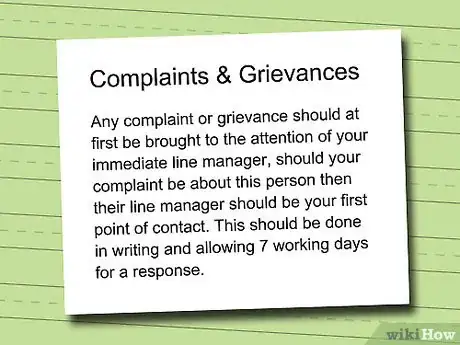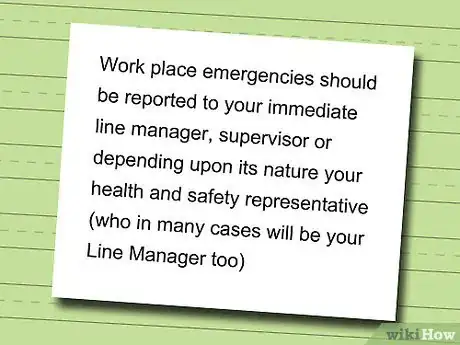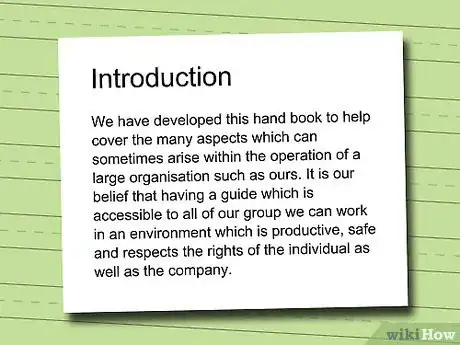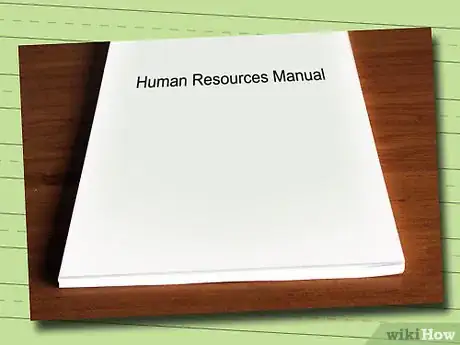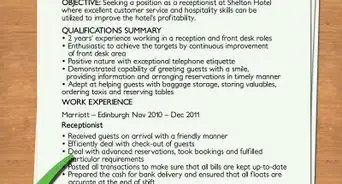wikiHow is a “wiki,” similar to Wikipedia, which means that many of our articles are co-written by multiple authors. To create this article, volunteer authors worked to edit and improve it over time.
wikiHow marks an article as reader-approved once it receives enough positive feedback. In this case, 91% of readers who voted found the article helpful, earning it our reader-approved status.
This article has been viewed 71,433 times.
Learn more...
A human resource manual is a document detailing an organization's policies regarding employee management and the relationship between managers and employees. Taking the form of either an employee handbook or an internal document used by management, it aims to describe workplace practices, hiring and termination procedures, and other pertinent information. Because these guides are essential for communicating an organization's workplace policy and because they are often referenced in legal proceedings, they must be thorough and accurate. These steps will teach you the basics of how to write a human resource manual that is informative and comprehensive.
Steps
-
1Determine the audience of your manual.
- If you are writing an employee handbook, focus more on day-to-day workplace operations and general employee policies. If you are writing a document for management or a general policy statement, aim to be more thorough and exact than helpful.
-
2Review all organizational policies. This includes policies regarding hiring, termination, compensation, promotions, dress code, complaint procedures, sick days, vacations, etc.Advertisement
-
3Begin your guide by dividing the document into several policy categories, for example "workplace behavior," "termination," "sexual harassment," etc.[1]
-
4Write an organizational policy for each category. State the position of your organization regarding the given topic, the proper procedures for management and employees to take in each situation, and the reasons why.[2]
-
5Include a section detailing important procedures. This includes procedures for dealing with complaints or grievances, outlining specific methods employees should use to express problems with the workplace or management, etc.[3]
-
6Include a section detailing policies for exceptional circumstances. Examples include workplace emergencies, family deaths, etc.[4]
-
7Add an introduction to your manual after you have already laid out all your policies. Describe your organization's approach to human resources in general and how the policies within the manual adhere to this philosophy.
-
8Show a draft of your manual to any legal advisers and stakeholders in the organization. Solicit advice, corrections, and additions.[5]
-
9Edit your draft, publish a finished, dated version, and distribute.[6]
-
10Continue to tweak your manual as new circumstances arise and you are faced with new problems.
Warnings
- Do not use emphatic terms like "always," "never," or "necessarily." You want your manual to be a loose set of guidelines rather than a strict book of rules, especially as you will be expected to act in full compliance with everything included in the manual.⧼thumbs_response⧽
Things You'll Need
- Policies regarding employee behavior, employee management, and workplace procedures
References
- ↑ https://squareup.com/us/en/townsquare/how-to-write-an-employee-handbook
- ↑ https://www.educba.com/how-to-write-hr-policies-and-procedures/
- ↑ https://www.inc.com/guides/2010/06/what-to-include-in-employee-handbook.html
- ↑ https://www.inc.com/guides/2010/06/what-to-include-in-employee-handbook.html
- ↑ https://squareup.com/us/en/townsquare/how-to-write-an-employee-handbook
- ↑ https://www.educba.com/how-to-write-hr-policies-and-procedures/


